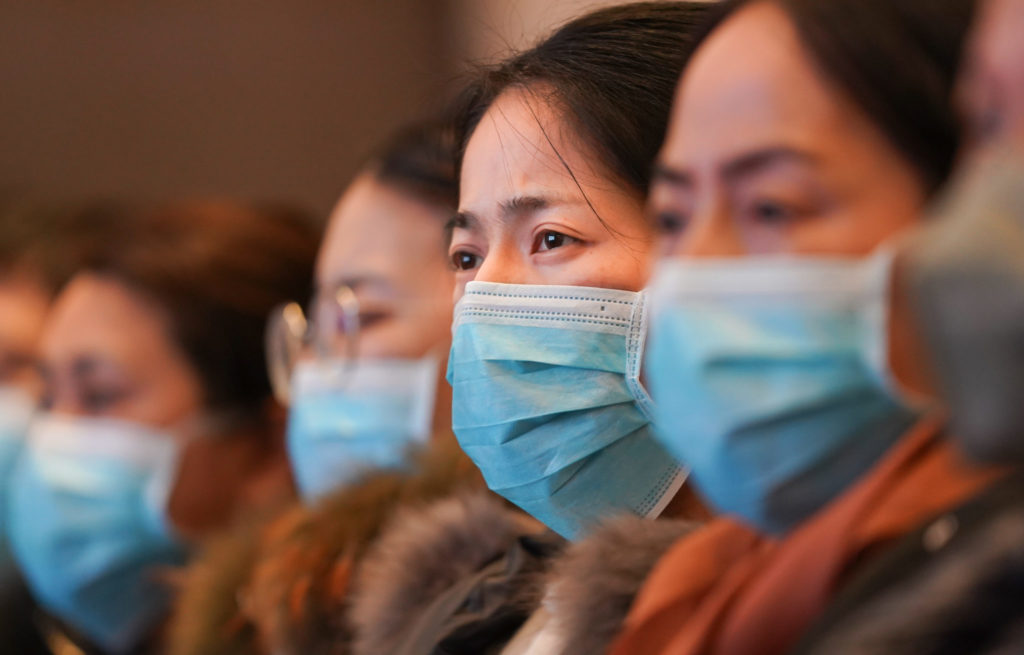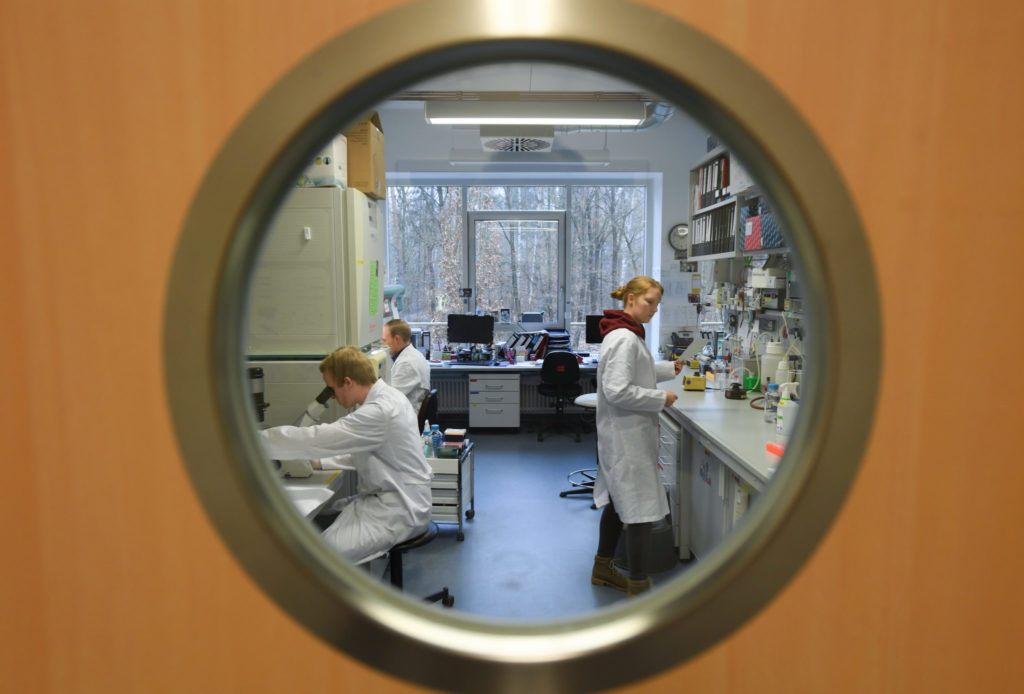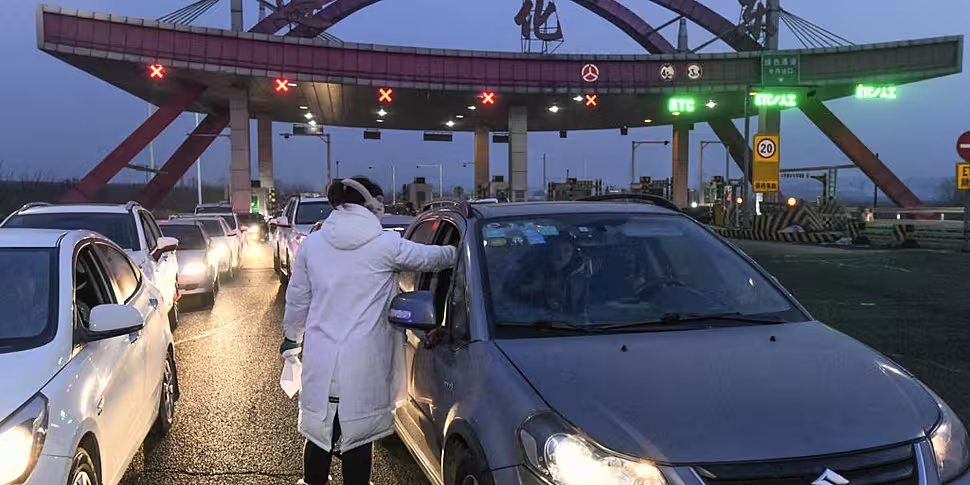China has warned the ability of the coronavirus to spread is getting stronger, as the total number of infected rose to more than 2,000.
The authorities said little is known about the new virus and are unclear on the risks posed by it mutating.
The total number of confirmed coronavirus cases in the country is now at 1,975.
It has also spread to the United States, Thailand, South Korea, Japan, Australia, France and Canada.
Separately, the province of Henan also reported one death from the virus.
The virus originated in the central Chinese city of Wuhan in Hubei late last year and has spread to Chinese cities including Beijing.
The latest figures reported on Sunday cover the past 24 hours and mark an increase of 15 deaths and 688 cases.
The Chinese government has also reported five cases in Hong Kong, two in Macao and three in Taiwan.
Small numbers of cases have been identified in South Korea, Japan, Singapore, Thailand, Vietnam, Nepal, Australia, Malaysia and Canada.
Canada declared that Toronto had identified its first coronavirus case on Saturday - a man in his 50s who recently returned from Wuhan.
 Medical staff from Shanghai attend a medical training in Wuhan, central China's Hubei Province | Image: Cheng Min/Xinhua News Agency/PA Images
Medical staff from Shanghai attend a medical training in Wuhan, central China's Hubei Province | Image: Cheng Min/Xinhua News Agency/PA ImagesFrance confirmed three cases on Friday, the first in Europe, and the US identified its second, a woman in Chicago who had returned from China.
The US State Department said it will evacuate staff at its Wuhan consulate to the US and will offer a limited number of seats to private citizens at greater risk of coronavirus on a flight to San Francisco on Tuesday.
The number of people tested for coronavirus in the UK has passed 30 - although there are still no confirmed cases.
While the Department of Foreign Affairs says the Irish embassy in Beijing is continuing to monitor the situation.
However travel advice to China remains unchanged at 'High degree of caution'.
While most of the deaths have been older patients, a 36-year-old man in Hubei died on Thursday.
State-run China Global Television Network also confirmed that a doctor who had been treating patients in Wuhan, 62-year-old Liang Wudong, had died from the virus.
 Employees of the Institute of Virology at the Philipps University of Marburg in Germany work in a research laboratory to find a vaccine against the coronavirus | Image: Arne Dedert/DPA/PA Images
Employees of the Institute of Virology at the Philipps University of Marburg in Germany work in a research laboratory to find a vaccine against the coronavirus | Image: Arne Dedert/DPA/PA ImagesA report on state TV said resources and experts are being concentrated at designated hospitals for treatment of severe cases, with no treatment delayed due to cost, and supplies of materials to Hubei province and its capital Wuhan to be guaranteed.
China has announced further transport restrictions in a bid to stop the outbreak from spreading, with Hong Kong declaring a virus emergency and scrapping Lunar New Year celebrations that began on Saturday.
At the epicentre of the outbreak, Wuhan, where 11 million residents are already on lockdown, most vehicle use has been banned, including private cars, in downtown areas starting Sunday, state media reported.
The city will assign 6,000 taxis to neighbourhoods to help people get around if they need to, China Daily said.
Hong Kong leader Carrie Lam said her government will raise its response level to emergency - the highest level - and close primary and secondary schools for two more weeks on top of next week's Lunar New Year holiday.
Ms Lam added that direct flights and trains from Wuhan would be blocked.
Hong Kong's popular amusement parks Disneyland and Ocean Park have closed to help prevent the spread of infection.
The Chinese military has sent 450 medical staff, some with experience in past outbreaks including SARS and Ebola, to Wuhan to help treat patients.
Two new dedicated hospitals are being built in the city to cope with rising numbers of cases.
Main image: A health worker measures a passenger's temperature at a motorway exit to Zunhua, north China's Hebei Province | Image: Liu Mancang/Xinhua News Agency/PA Images









